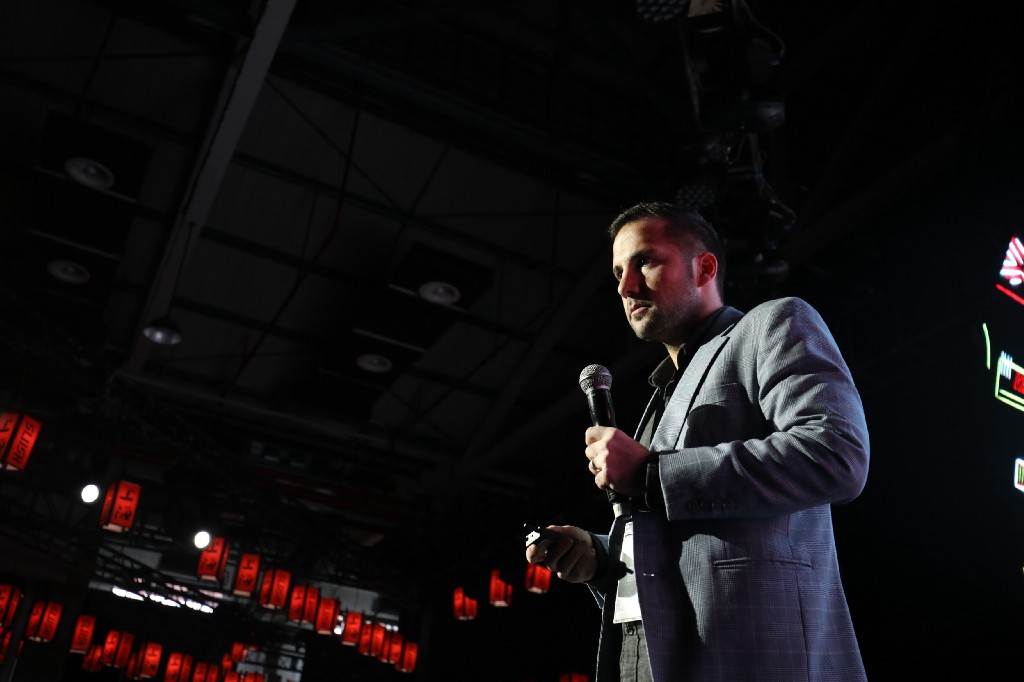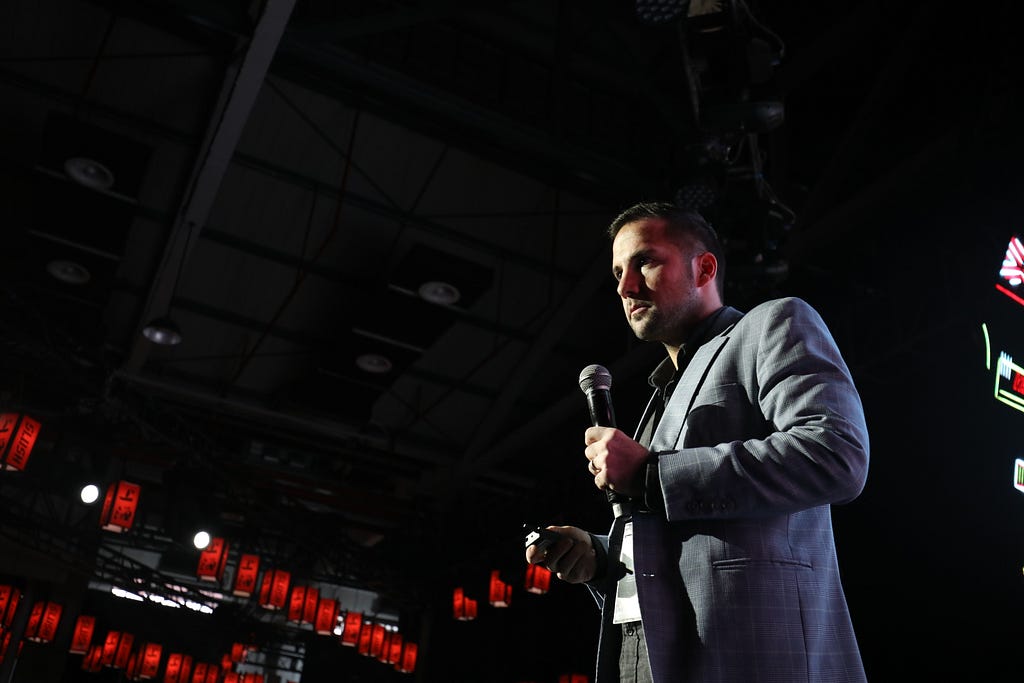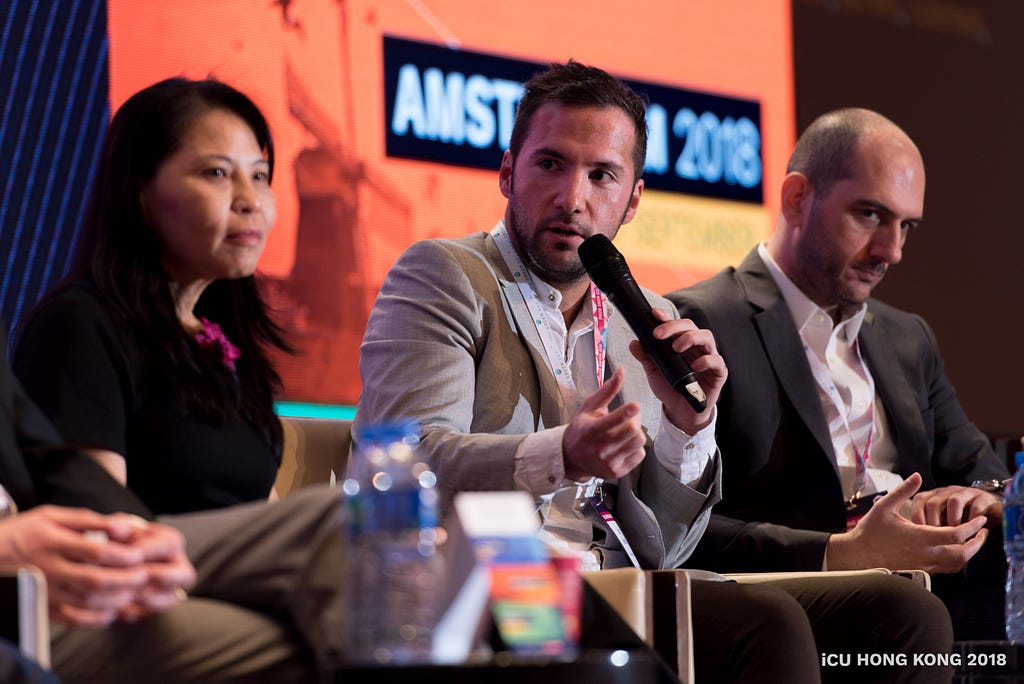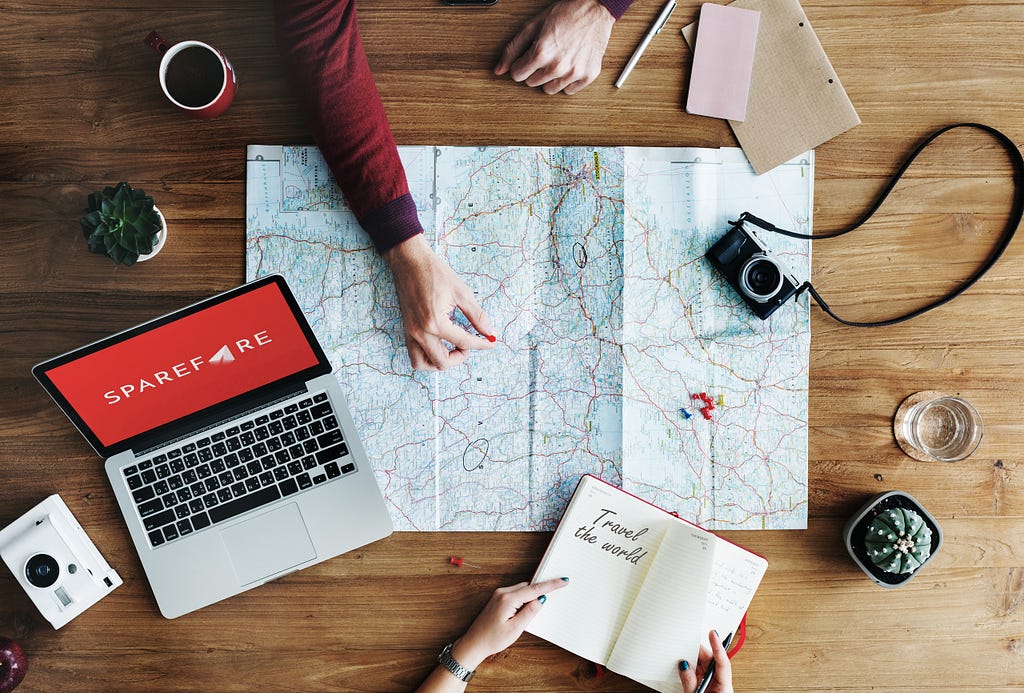The Future Of Travel: “I envision we’ll have communities of like-minded travelers getting notifications of a few trips each week that are a perfect fit for them” with Ryland King and Candice Georgiadis

In the next five years I envision we’ll have communities of like-minded travelers getting notifications of a few trips each week that are a perfect fit for them. It will be like a social media feed, but for actual trips.
As part of my series about “exciting developments in the travel industry over the next five years”, I had the pleasure of interviewing Ryland King, Founder & CEO of Surf Trip List. As CEO, Ryland oversees growth, partner and customer relations and product across Surf Trip List’s US footprint. Prior to founding Surf Trip List in 2018, Ryland founded an environmental education nonprofit, Sprout Up, where his work was recognized by the Clinton Global Initiative, VH1’s Do Something Awards and Forbes Top 12 Do-Good Entrepreneurs Under 25.
Thank you so much for joining us! Can you tell us a story about what brought you to this specific career path?
This career path started from a simple question — “Where should I take my son on a surf trip?” I grew up surfing, and I’m asked questions like this all the time. But this time was different. It was my girlfriend’s aunt asking me and I had to perform, you know? 🙂 I started asking her questions like, “US or International?”, “Big resort or boutique hotel?”, etc. She starting telling me her preferences about the location and kept mentioning that she also wanted a cheap flight… And that’s when it hit me: What if, instead of wasting hours looking for the perfect trip and not finding one, she could get alerts that match her preferences anytime a flight deal came out to a destination.
From that moment on, that’s what I’ve been building.
Can you share the most interesting story that happened to you since you started your career?
When I started Surf Trip List, I had no clue how to make any of it happen. But I wanted to get something out fast. It didn’t matter how good or bad it was, just that I made something. So I built a spreadsheet for the first 2 days. I then built that into a Squarespace site without any code over the next 5-days. (I wrote about those first 7 days here.)
Once that was out and I saw a good response, I knew I needed something more flexible than a Squarespace site. I started asking my engineering friends how I could learn to code. There basic answer was “Just Google ‘How to build a website’ and start.” So that’s literally what I did.
My friends thought I was a maniac. And to be honest, so did I at some points. But after a few months I was able to build a solid minimum viable product and really test out the idea. A few months ago, I was able to bring on two senior engineers who, beyond being akin to the idea, were inspired to come on board because I had coded the whole thing on my own.
Can you share a story about the funniest mistake you made when you were first starting? Can you tell us what lesson you learned from that?
Last year I went to take my first surf trip using the service. I made this whole big speal about it on social media hoping to get people excited about our first trip. I made my way to the airport, walked to the desk agent and she told me, “I’m sorry, but it looks like your flight left yesterday.” All I could do was laugh. I had shown up a day late and completely missed my flight. It was pretty embarrassing to post to everyone that the first trip using the service didn’t even make it past the bag-check line, but I think they appreciated the honesty.
What do you think makes your company stand out? Can you share a story?
We stand out because we: 1. Breakdown the barrier to entry, 2. Personalize the itinerary, 3. Optimize the planning process, and 4. Lower the cost all for a very niche audience.
For example, a few months back one of our first members found us while searching the internet for family surf adventure trips. Instead of spending hours searching Google and not knowing which surf camps and areas to go to she just told our algorithm: “I want `beginner waves` in `Central America` `between May and August` with a place to stay for `less than $125/night.`”
A few weeks after joining our membership she got jumped on one of our cheap flight alerts to Costa Rica for $297 round trip, and stayed with our partner, Witchs Rock Surf Camp in front of amazing beginner waves in Tamarindo.
Which tips would you recommend to your colleagues in your industry to help them to thrive and not “burn out”? Can you share a story about that?
In college, I founded an environmental education non-profit that grew incredibly fast. In five years it went from just an idea in my head to managing over 200+ college student volunteers in five cities throughout California.
I worked insane hours for years. So much so that my I was gifted office supplies by my parents on my 23rd birthday. A few months after that I hit burnout and had a massive breakdown.
I went through counseling, got my degree (which I had written off) and realigned my life. I wouldn’t give any part of the journey up, but boy have I dealt with burn out.
The most helpful thing I do today to help with burnout is to have a checklist of “To do”s and “Won’t do”s. What’s in each category constantly changes as each day develops. I like to think the “won’t do” list is almost more important than the “to do” list. 😉
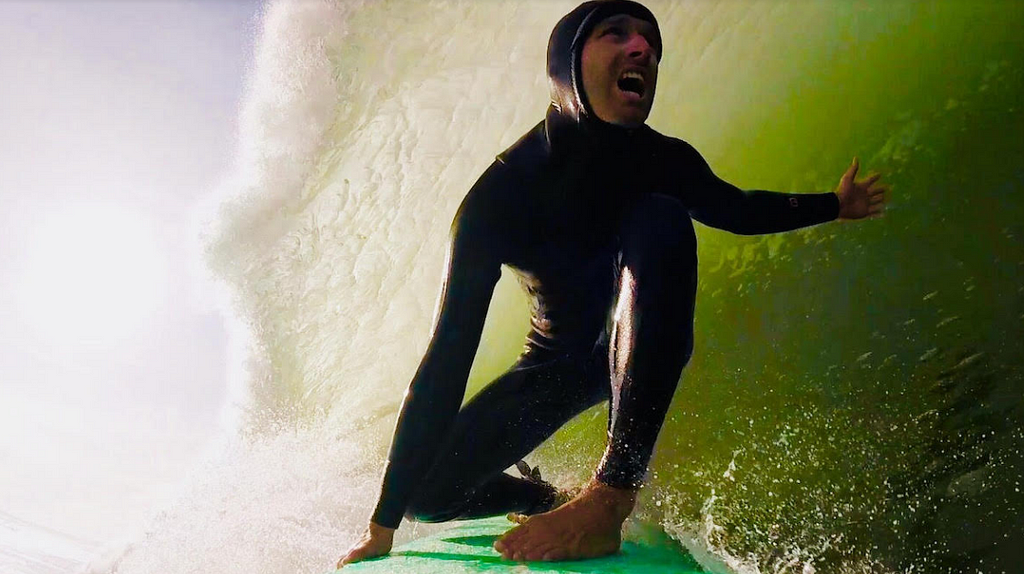

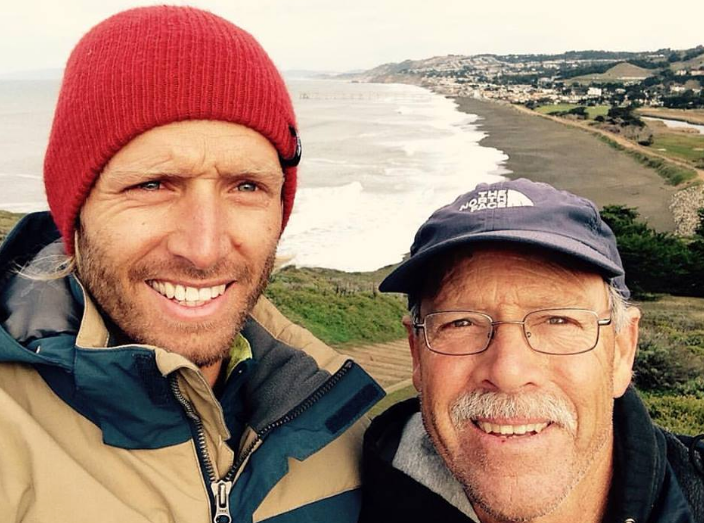
None of us are able to achieve success without some help along the way. Is there a particular person who you are grateful towards who helped get you to where you are? Can you share a story?
This list is endless for me. I feel so fortunate to have worked with such amazing people over the last 10 years. If I was to pick one it would be my co-founders from Sprout Up — Nick and Tanya. Both of them took a huge bet on my idea when I was 19. They were both better than me in countless ways (and probably still are) and their work ethic pushed me so far in such a short time. Beyond that they are amazingly kind and genuine humans. Without them, I wouldn’t be anywhere near where I am today. Thank you, guys!
Let’s jump to the core of our discussion. Can you share with our readers about the innovations that you are bringing to the travel and hospitality industries?
Surf Trip List’s membership model is personalizing and massively lowering the cost of surf travel. We take in exactly what our members want out of surf trip — skill level, activities, region and cost. In return our members immediately get deal access to all of our hand-selected beachfront stay partners, and begin getting alerts anytime we find a flight deal to a location that matches their trip preferences. We also don’t take any commission from our partners. Instead, we pass those savings to our members who save over $300 on an average trip for just $29/yr.
Which “pain point” are you trying to address by introducing this innovation?
So many people love adventure travel, but they 1. Don’t know where to go, 2. Hate how much it costs to get there, and 3. Can’t stand how much research and planning is necessary. We take care of all of that and package it up into a few high quality email alerts each week. All that’s left for our members to do is pick the trip they want to take!
How do you envision that this might disrupt the status quo?
The normal adventure trip today is booked through a commission-based travel agency. That’s an issue because they are making 10–15% when you book your trip.
With us you pay a small yearly membership at $29/yr. In return we give that 10–15% commission back to you, and you save an average of $150 on a week-long stay at one of our hand-picked beachfront stay partners. Beyond that, we also send you cheap flight alerts on full-service airlines so you know you’re getting the best flight possible too.
If you take one trip a year, it’s completely worth it, and most adventurous people are itching to take at least one trip per year.
Can you share 5 examples of how travel and hospitality companies will be adjusting over the next five years to the new ways that consumers like to travel?
In the next five years I envision we’ll have communities of like-minded travelers getting notifications of a few trips each week that are a perfect fit for them. It will be like a social media feed, but for actual trips.
You are a “travel insider”. How would you describe your “perfect vacation experience”?
My perfect vacation experience would be arriving at a warm-water surf destination where the waves are going off. I stay on the sand, right in front of the waves and pick up a quality surfboard so I don’t have to fly with one. Once there, it’s relaxing with friends and family and surfing 4–5 hours a day. Let’s go!
Can you share with our readers how have you used your success to bring goodness to the world?
In 2015 one of my previous staff members reached out to me about bringing 100% energy-free, safe drinking water systems to developing communities in need. In the three years since, he’s created a nonprofit, Gravity Water, and has grown it from an idea to providing over 10,000 school-children in Nepal with self-sustaining, clean drinking-water with nearly $100,000/yr in annual revenue. I’ve Chaired the Board during this time and like to think that some of my past experiences and advice have been a part of their accomplishments.
You are a person of great influence. If you could start a movement that would bring the most amount of good to the most amount of people, what would that be? You never know what your idea can trigger. 🙂
Smile at one stranger each day.
How can our readers follow you on social media?
I share the ups and downs of growing Surf Trip List almost everyday on my Twitter @rylandking. Feel free to follow along!
This was very inspiring. Thank you so much for joining us!
The Future Of Travel: “I envision we’ll have communities of like-minded travelers getting… was originally published in Authority Magazine on Medium, where people are continuing the conversation by highlighting and responding to this story.



